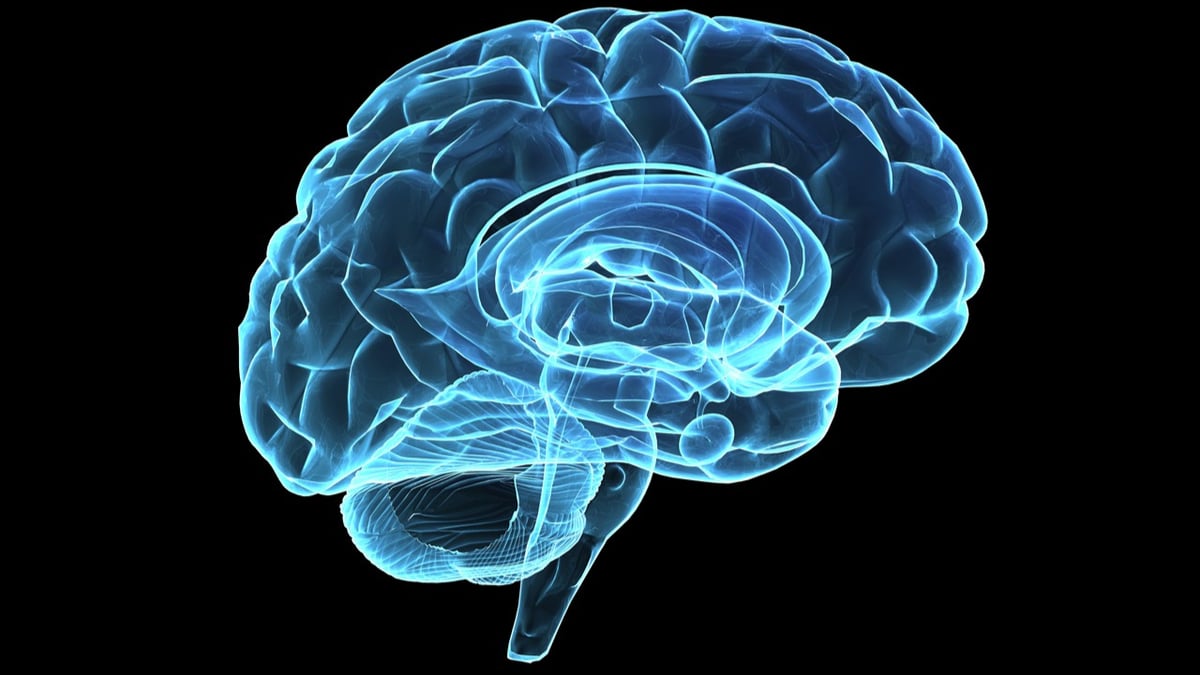Space for us is often a weightless, barren expanse with terrible conditions for life to flourish there. Yes we have imagined aliens and there might indeed be aliens on one of the billions of planets that are in our galaxy, for human minds till now, space is the last place we would imagine life would thrive.
But that’s exactly what appears to have happened.
Scientists have found that ‘minibrains’ or organoids they developed and sent to space matured more quickly than their counterparts on Earth. These minibrains spent a month-long holiday aboard the International Space Station (ISS).
How were the minibrains developed by scientists?
The scientists, which included those from cripps Research Institute collected stem cells from donors who, otherwise healthy, had Multiple Sclerosis (MS) or Parkinson’s Disease. The stem cells were then allowed to develop into neurons.
These organoids were then differentiated into two batches. One batch stayed on Earth while the other was sent to ISS. The organoids sent to ISS were brought back to Earth after a month.
“The fact that these cells survived in space was a big surprise,” said Jeanne Loring, a scientist from the Scripps Research Institute. She was quoted in a report published on the institute’s website.
“This lays the groundwork for future experiments in space, in which we can include other parts of the brain that are affected by neurodegenerative disease.”
The scientists found that the minibrains sent in space matured quickly. Although the minibrains exhibited lesser expression of genes associated with cellular proliferation, the faster maturation was an encouraging and peculiar sign nonetheless.
The findings of the experiment have importance not only for ensuring astronauts’ safety but also in finding treatment plans and possibly cures for neurodegenerative diseases.
“The next thing we plan to do is to study the part of the brain that’s most affected by Alzheimer’s disease,” said Loring.
